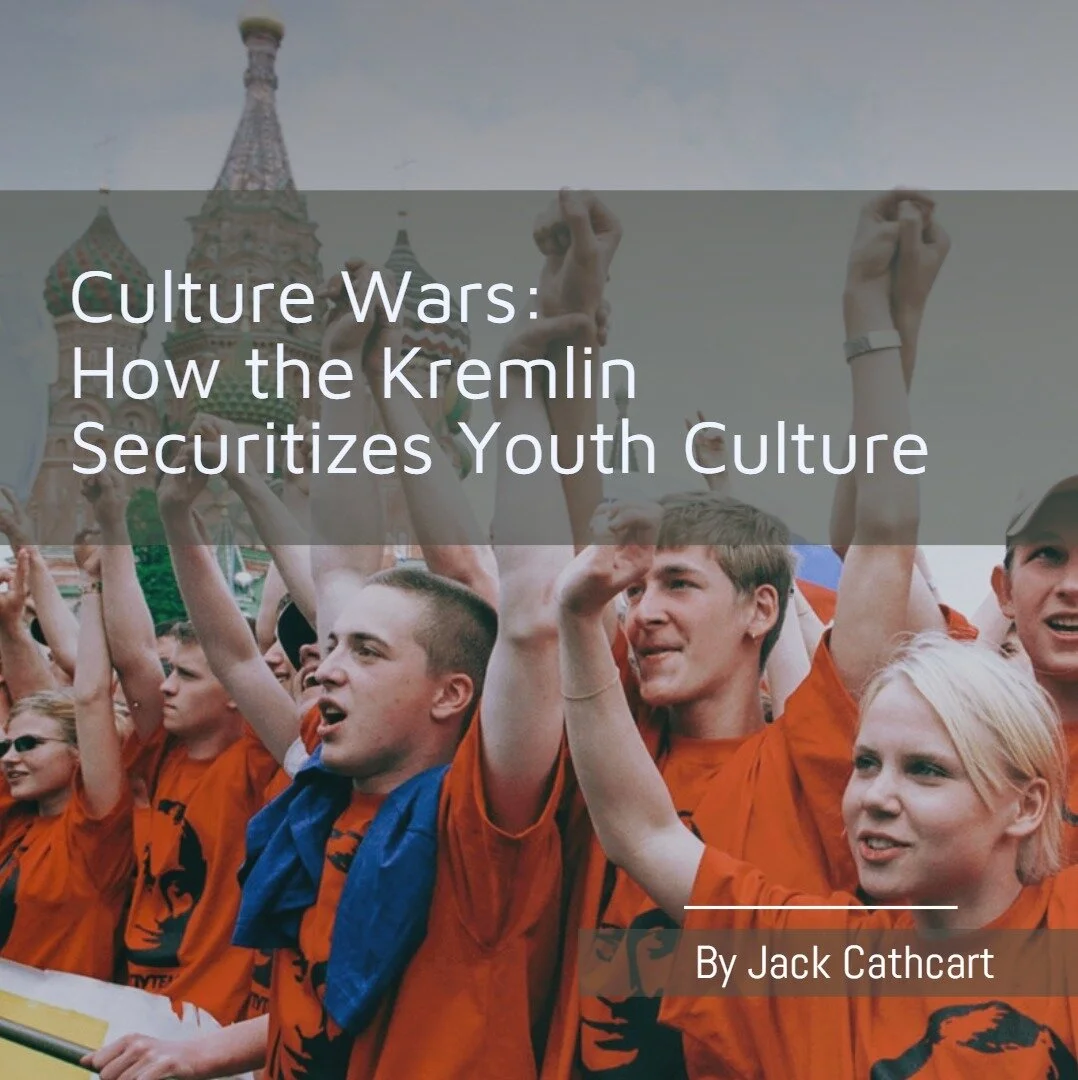The European Commission has finally put out its word on the decades-old phenomenon of antigypsyism. From physical attacks in the East to dormant systematic discrimination in the West, Roma people are the taboo story of Europe. Despite the recent efforts of the European institution for inclusion, anti-Roma sentiment is deeply rooted, and the COVID-19 pandemic has only amplified the problem.
Political violence: three reasons education matters
This article examines the phenomenon of political violence through the lens of education. It is based on a macro-analysis of political violence and discusses the importance of education for peace, democracy, and stability. It concludes that when studying the phenomenon of political violence, education matters because it instils citizenship values in the new generation, shapes the perception of social identities, and can cultivate a culture of peace or violence.
Culture Wars – How the Kremlin Securitizes Youth Culture
Since the 2010s youth popular culture has become an object of close attention and management on the part of political actors and institutions in Russia, with substantial funds being diverted towards young people via a national project of patriotic education (Kukulin, 2020) (Hemment, 2015, p 7). From school curriculums that discourage critical thinking to the formation of youth groups such as the infamous Nashi (Ours), the Kremlin has sought to imbue the Russian youth with the “correct” moral values. This article explores how youth culture is firstly securitized and then leveraged, to justify the expansion of further security measures into wider parts of society.




